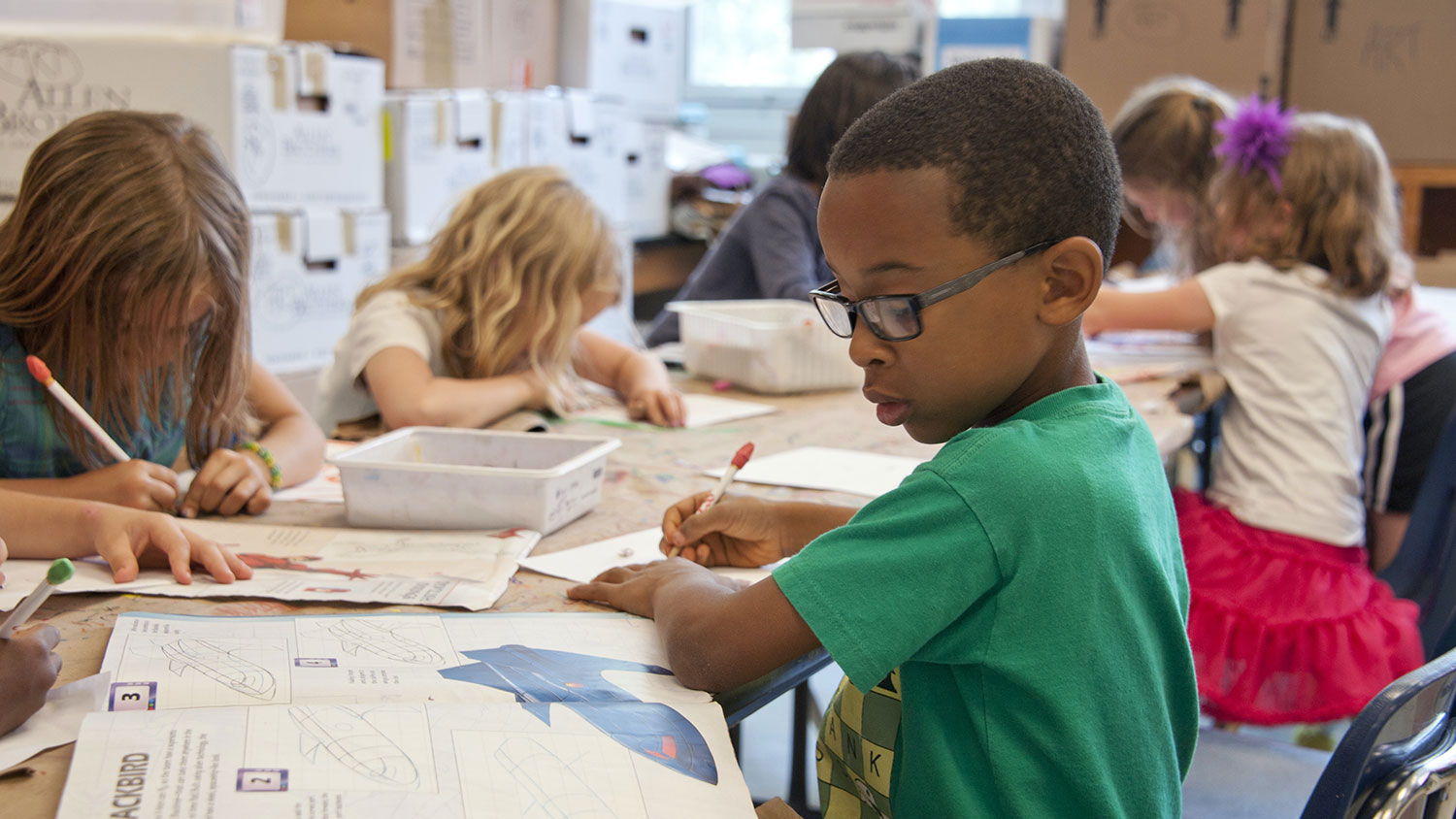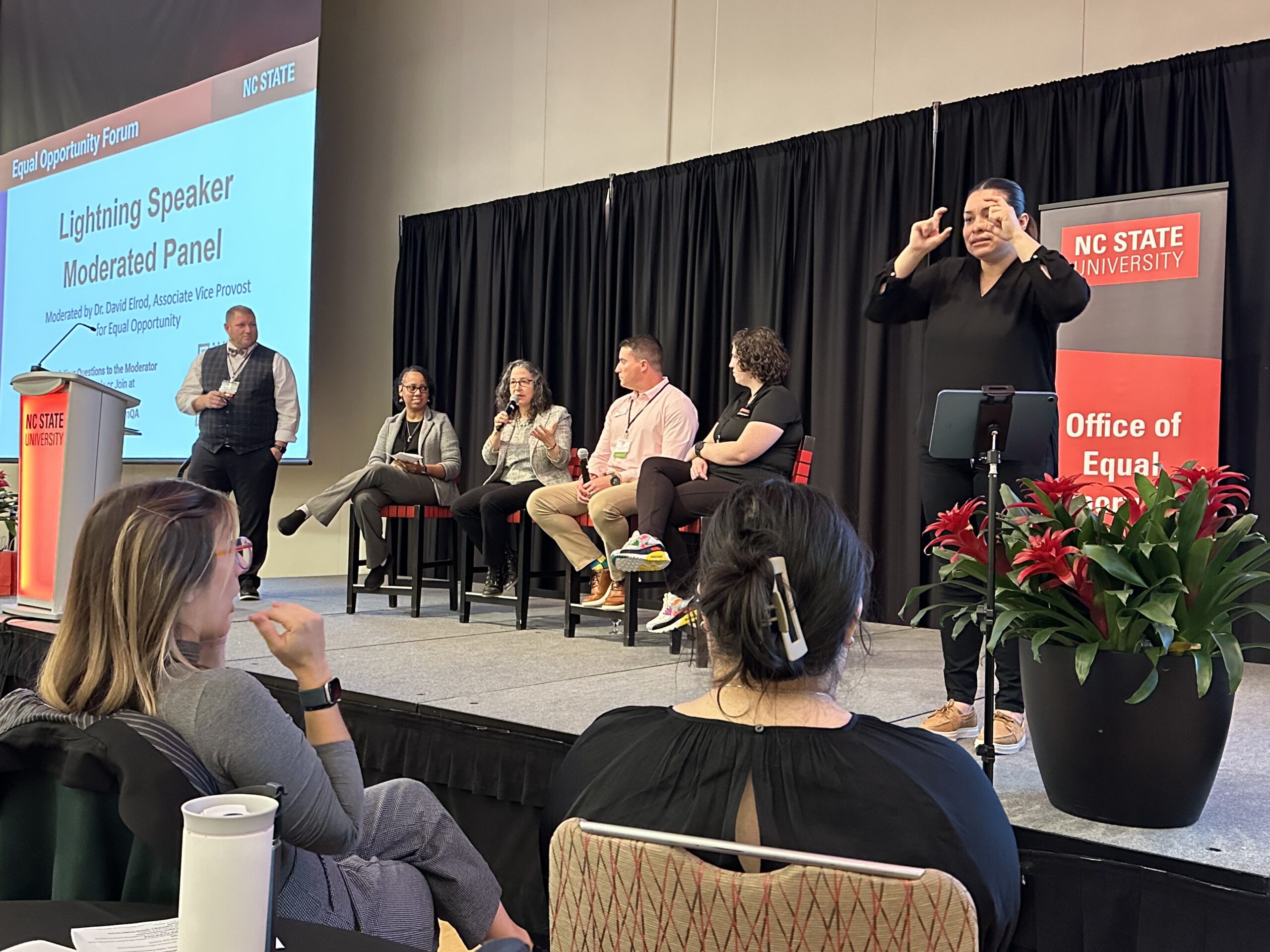Racial Equity Summit: Tiffany Dangleben

 The upcoming Racial Equity Summit is a virtual, interactive event that aims to explore how the university can address specific issues pertaining to race to improve racial equity at NC State. An integral part to the planning and later execution of this Summit is the Guiding Coalition.
The upcoming Racial Equity Summit is a virtual, interactive event that aims to explore how the university can address specific issues pertaining to race to improve racial equity at NC State. An integral part to the planning and later execution of this Summit is the Guiding Coalition.
The coalition has been working since summer to prepare for the event. One Guiding Coalition member, Tiffany Dangleben, hopes to bring her knowledge and experience as a third-year school psychology doctoral student and vice president of the Black Graduate Student Association (BGSA) at NC State to the Summit.
Representing Black Graduate Students
Dangleben first became involved with the Summit after she began meeting with the chancellor, provost and vice provost for institutional equity and diversity, among others, this summer, alongside BGSA President Darien Dixon, to discuss topics relating to race and social justice at the university. Both were invited to serve as Guiding Coalition members.
For Dangleben, racial equity and social justice intersect with her academic work, as she is currently researching disparities specific to African American families of children with autism. “There are racial stereotypes and racial biases against African American children within the school system and by medical professionals,” says Dangleben. Through her work, Dangleben hopes to better the quality of life and educational experiences for all children as promised by U.S. law.
Dangleben’s passion for equity and education has translated to her work with, and excitement for, the Summit. One source of excitement for her is the use of the Appreciative Inquiry framework. This framework is a strengths-based, positive approach to organizational change. “I am excited to take a new approach to addressing this issue and to have this conversation with diverse populations,” says Dangleben. She goes on to say that she thinks this approach will be both enlightening and difficult for Summit participants but is something they can take away and use with other organizations and groups of people — leading to a ripple effect.
Potential for Change
Most of all though, Dangleben is excited about the potential for change the Summit will bring.
“This Summit allows me and other people to have the opportunity to learn something new, to be vulnerable, to feel safe amongst people who might not look like us or might have a different educational background or socioeconomic status, so their experiences are different. I am excited to see it all unfold and to see the impact that it will have on the NC State community.”
Although she is unsure of how big or small the changes are going to be or when they will happen, Dangleben says she is “certain that changes will happen. I am very positive about that.”
- Learn more about the Racial Equity Summit.
Jenna Nabors (she/her) is a fourth-year student majoring in communication with minors in international studies, journalism and English and a Park Scholar. Share your thoughts about this article on Twitter at @NCStateOIED.
- Categories:


